The vinyl revival continues to defy the digital age, with Europe witnessing a surprising resurgence in physical record stores. Over the past year, more than 300 new shops specializing in vinyl records have opened across the continent, catering to a growing demand for tangible music experiences. This trend marks a stark contrast to the early 2000s, when streaming services and digital downloads were predicted to render physical formats obsolete.
Nostalgia alone doesn't explain this phenomenon. While many associate vinyl with older generations reliving their youth, market data reveals that nearly 50% of current buyers are under 35. Younger audiences are discovering the ritualistic pleasure of flipping through crates, admiring album artwork, and experiencing the warmer sound quality that analog formats provide. Record stores have become cultural hubs where music lovers gather for listening parties, artist meet-and-greets, and vinyl swap events.
The pandemic unexpectedly fueled this revival. During lockdowns, people sought activities disconnected from screens, and vinyl offered a tactile alternative to endless scrolling through digital playlists. Manufacturers struggled to keep up with demand as pressing plants operated at full capacity. This scarcity created a collector's market, with rare pressings sometimes selling for hundreds of euros.
Independent stores are leading the charge, often combining vinyl sales with coffee bars or bookshops to create multifaceted community spaces. In Berlin, a flagship store recently opened featuring a recording studio where customers can cut their own vinyl. London has seen a 22% increase in record shops since 2019, many specializing in niche genres like krautrock or vaporwave. Even smaller cities like Porto and Ljubljana now boast vibrant vinyl scenes.
Record Store Day has become a major cultural event, with exclusive releases drawing queues around city blocks. Last year's edition saw participation from over 1,400 European shops, a 30% increase from pre-pandemic levels. Major labels have taken notice, with Universal Music reopening its vinyl pressing plant in Germany after 30 years, while smaller boutique labels experiment with colored vinyl and elaborate packaging.
The environmental impact raises questions amidst the celebration. Vinyl production involves PVC, a petroleum product, and the carbon footprint of shipping heavy records globally contradicts many buyers' eco-conscious values. Some shops now offer "vinyl offsets" programs, planting trees to compensate for purchases. Manufacturers are experimenting with biodegradable alternatives, though sound quality remains a challenge.
This revival represents more than commerce - it's about reclaiming music as a physical experience in an increasingly virtual world. As one Parisian store owner remarked, "People don't just want music, they want something to hold onto." The next chapter of this analog renaissance may see record stores evolving into full-fledged cultural centers, ensuring their place in Europe's urban landscapes for years to come.

By Olivia Reed/Apr 13, 2025

By William Miller/Apr 13, 2025

By Amanda Phillips/Apr 13, 2025

By Megan Clark/Apr 13, 2025

By Joshua Howard/Apr 13, 2025
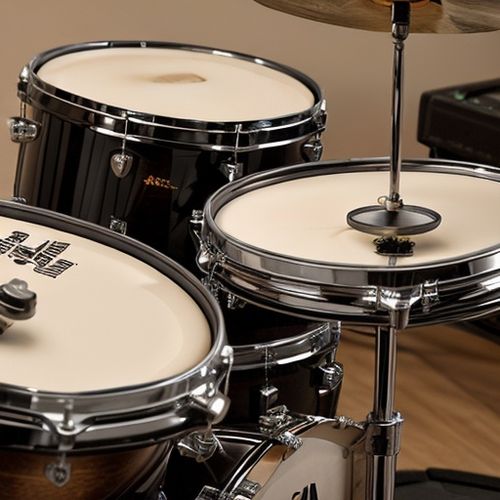
By Samuel Cooper/Apr 13, 2025

By Elizabeth Taylor/Apr 13, 2025

By Eric Ward/Apr 13, 2025

By Emma Thompson/Apr 13, 2025
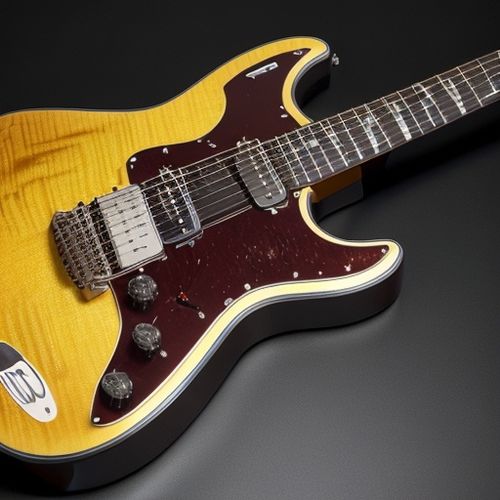
By Noah Bell/Apr 13, 2025

By Sarah Davis/Apr 13, 2025

By Eric Ward/Apr 13, 2025
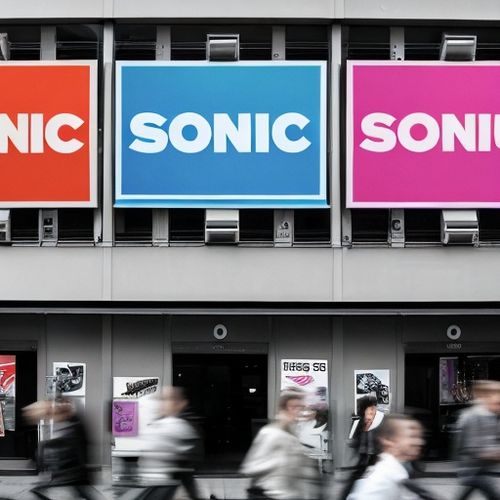
By Daniel Scott/Apr 13, 2025
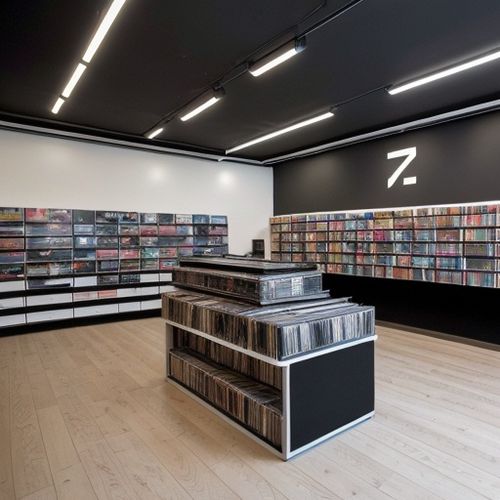
By Benjamin Evans/Apr 13, 2025

By Elizabeth Taylor/Apr 13, 2025

By Grace Cox/Apr 13, 2025
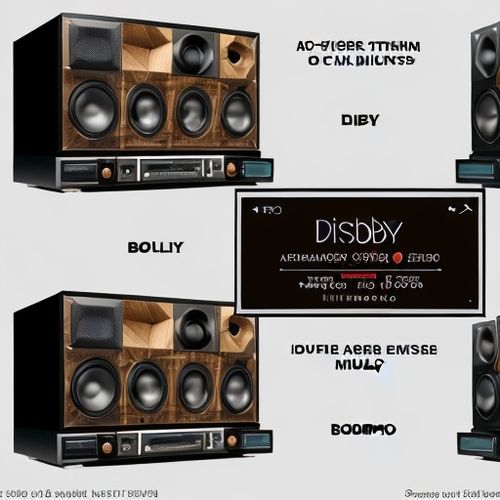
By Megan Clark/Apr 13, 2025

By Benjamin Evans/Apr 13, 2025

By Thomas Roberts/Apr 13, 2025
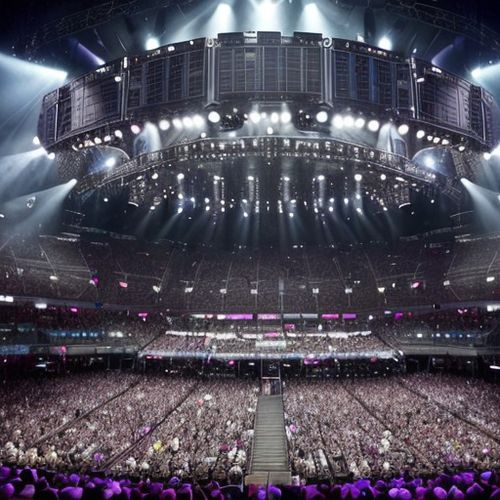
By Sarah Davis/Apr 13, 2025